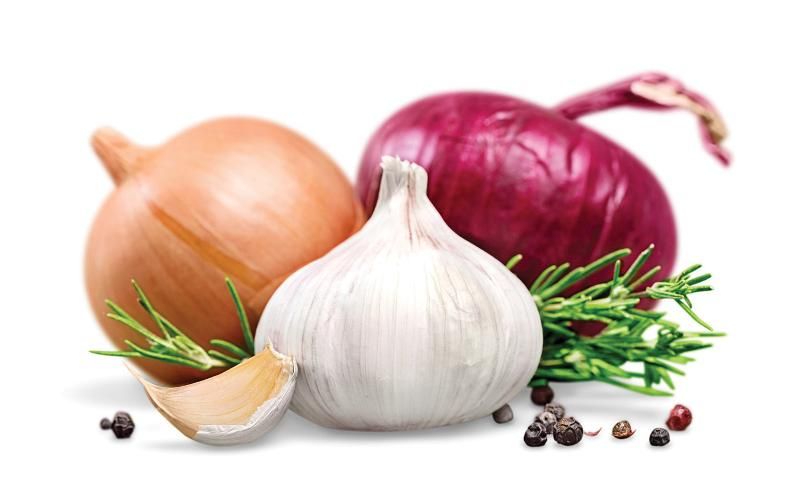5 Toxic Foods To Avoid Feeding Pets
Jun 16, 2019 • 33 views
While you think you may be treating your pet to a nibble here and there, you may be accidentally poisoning your furry companion.
To avoid a visit to the veterinary ER over the weekend, keep these popular foods out of your pet's reach.
Alcohol
Alcohol is rapidly absorbed into the bloodstream and affects pets quickly. Pets can easily become attracted to a discarded cup of wine, beer or especially sangria left sitting on the ground during a party. Ingestion of alcohol can cause dangerous drops in blood sugar, blood pressure and body temperature. Intoxicated animals can experience seizures and respiratory failure. Desserts containing alcohol or yeast-containing dough are often the unknown culprits.
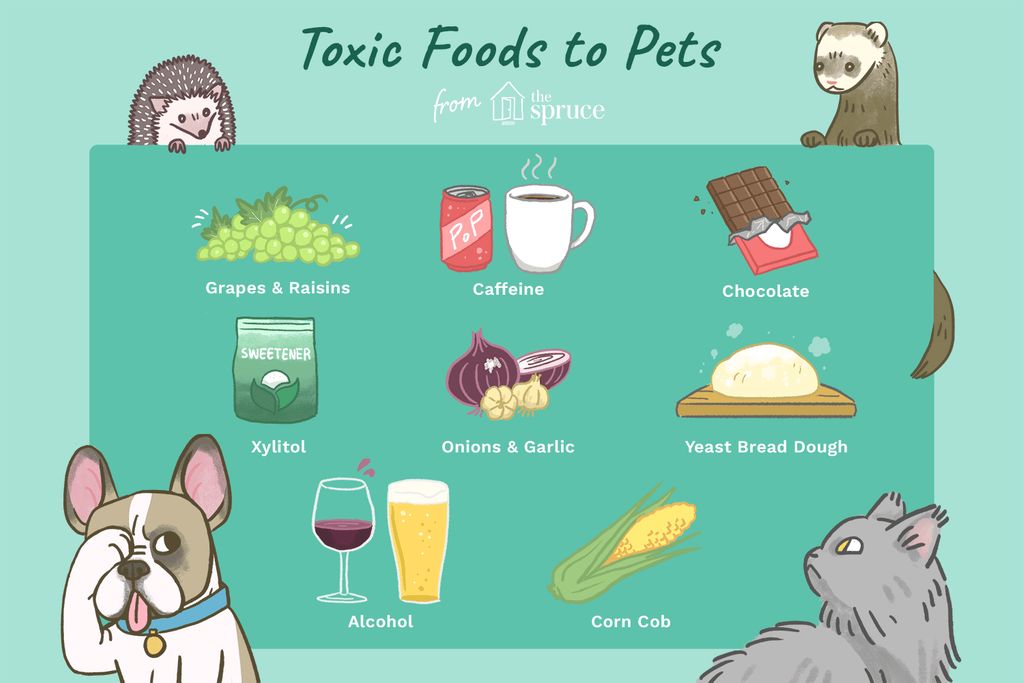
Fatty Foods
Foods that are high in fat can cause vomiting and diarrhea. Pancreatitis often follows the ingestion of fatty meal in dogs. Certain breeds like miniature schnauzers, Shetland sheepdogs, and Yorkshire terriers appear to be more susceptible to a bout of pancreatitis than other breeds. Fight the temptation to share fast food leftovers, junk food or foods cooked in grease with your dog, such as burgers, hot dogs, ribs, steak, pork chops and fried chicken.
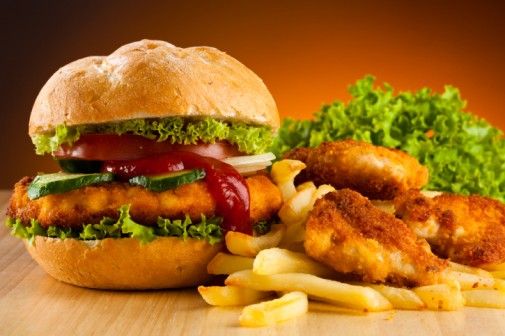
Raw Meat and Fish
It's one thing to properly prepare and feed your pet a raw food diet; it's another if your pet counter surfs and eat raw meet or fish that hasn't been carefully handled.
Raw meat and raw fish, like raw eggs, can contain bacteria that causes food poisoning. Keep your raw fish and meat in an area where your pet can not help himself unknowingly to a toxic substance. Certain kinds of fish such as salmon, trout, shad, or sturgeon can contain a parasite that causes "fish disease." If not treated, the disease can be fatal within 2 weeks. The first signs of illness are vomiting, fever, and big lymph nodes. Thoroughly cooking the fish will kill the parasite and protect your dog.
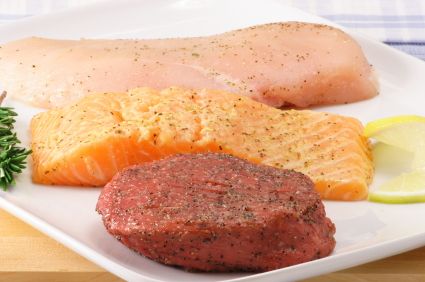
Fat Trimmings and Bones
Table scraps often contain meat fat that a human didn't eat as well as bones. Both are dangerous for dogs. Fat trimmed from meat, both cooked and uncooked, may cause pancreatitis in dogs. And, although it seems natural to give a dog a bone, a dog can choke on it. Bones can also splinter and cause an obstruction or lacerations of your dog's digestive system. Have a trash can with a lid or a trash bag that can be sealed readily available so that your pet cannot nose around for scraps or bones. Be sure to ask children and other party goers not to throw chicken, pork, turkey or rib bones on the ground as your pets will be able to access them easily.
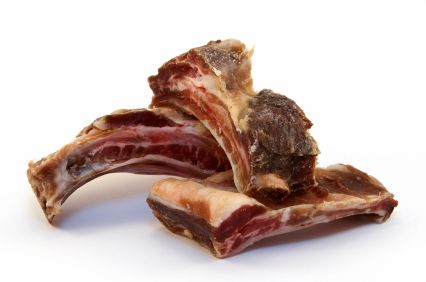
Onions and Garlic
Onions are a popular item during barbecues, used frequently on burgers, chopped up as a hot dog condiment, fried for an appetizer and used as an ingredient in egg salad, garden salads and salsa, to name a few. Onions contain an ingredient called thiosulphate which is toxic to cats and dogs. The ingestion of onions, onion powder, or even cooked onion causes a condition called hemolytic anemia, which is characterized by damage to the red blood cells. In other words, onion toxicity can cause the red blood cells circulating through your pet’s body to burst. A small amount can be toxic to your dog or cat.
